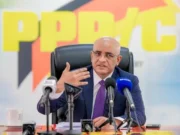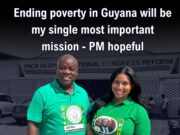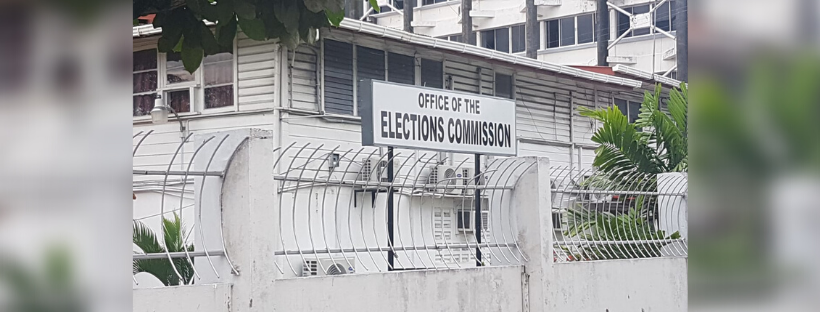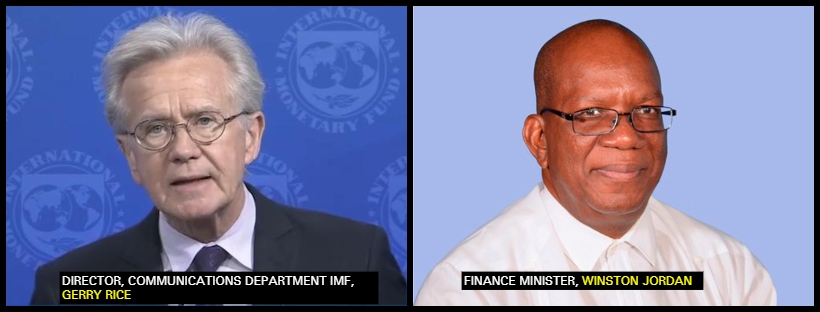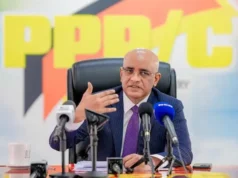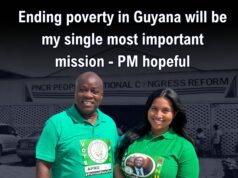Even as it provides borrowing countries with critical funds for COVID-19, the International Monetary Fund (IMF) is urging governments to “keep receipts” so that it can ensure the money is going to those who need it.
This was noted earlier today by the Director of the IMF’s Communication Department, Gerry Rice.
The IMF official said that so far, there have been calls for emergency financing from 102 countries while noting that assistance has already been approved for 59 countries as of Tuesday. Some of these countries include Afghanistan, Benin, Burkina Faso, Central African Republic, Chad, Comoros, Democratic Republic of Congo, Tajikistan, Togo, and Yemen. Consideration of 29 more are expected soon.
Further to this, Rice said, “Our Executive Board has approved the doubling of access to our emergency financing, that is, through the Rapid Credit Facility and the Rapid Financing Instrument…It’s those instruments that will enable us to meet demand up to US$100 billion in terms of emergency financing.”
The Director was also keen to note that these facilities enable the Fund to provide emergency assistance without the need for a full-fledged programme being in place. He stressed as well that they do not entail programme-based conditionality or reviews. Financing received in some circumstances, carry a zero interest rate, has a grace period of 5½ years, and a final maturity of 10 years.
Rice said this means that this emergency financing can be dispersed very quickly “to do things like pay for doctors and nurses, and to protect the most vulnerable people, and safeguard vulnerable livelihoods.”
Even though the IMF has relaxed the conditions for its lending during this unprecedented time, the official stressed that the Fund will still be seeking very strongly, appropriate accountability and transparency to ensure that these financial resources actually do what they are supposed to do, which is to reach those most in need.
The Director said that the IMF will be doing this via reporting and specific commitments in the Letters of Intent around this emergency financing, and in the publishing of how expenditures are being used. Mechanisms such as independent audits of the emergency financing will also be employed.
When contacted moments ago, Finance Minister, Winston Jordan told the Guyana Standard that the IMF has not been approached for funding. In a brief statement, he said, “It is a no right now. But we will access it if needed down the road.”
In the meantime, the country is still awaiting approval from the World Bank for the US$5M assistance it had requested over a month ago.
